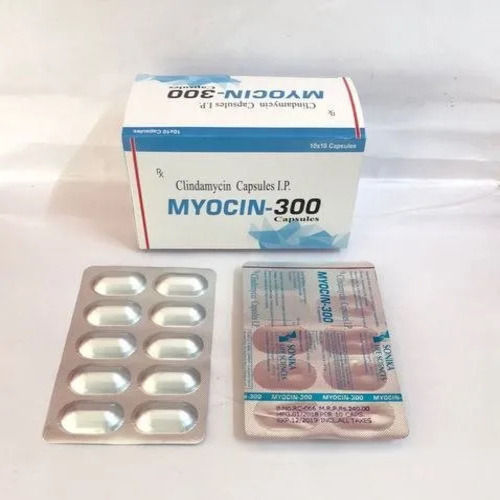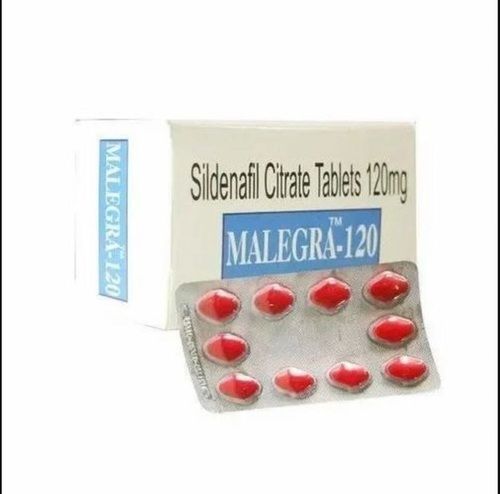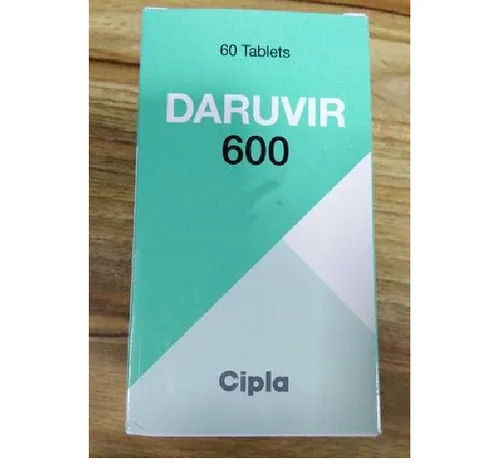
CLINDAMYCIN 300 CAPSULES
2400 INR/Box
Product Details:
- Drug Type General Medicines
- Ingredients clindamycin
- Physical Form Tablets
- Dosage 150MG, 200MG, 300MG, 450MG
- Suitable For Aged Person
- Storage Instructions Cool Dry Place
- Click to View more
X
CLINDAMYCIN 300 CAPSULES Price And Quantity
- 200 Box
- 2400 INR/Box
CLINDAMYCIN 300 CAPSULES Product Specifications
- Cool Dry Place
- General Medicines
- Aged Person
- 150MG, 200MG, 300MG, 450MG
- Tablets
- clindamycin
CLINDAMYCIN 300 CAPSULES Trade Information
- mumbai
- Western Union, Paypal, Cash Advance (CA), Cash in Advance (CID)
- 250 Box Per Week
- 15 Days
- As Per Requirement
- Central America, Australia, South America, Western Europe, Middle East, Eastern Europe, Asia, North America, Africa
- All India
Product Description
PRODUCT DESCRIPTION comosition clindamycin form of medicines tablets application analgesics packaging type strips also gives PCD pharma franchise dose 300 mg type of medicines allopathic we are of the leadig and prominent suppliers of clindamycin 300 mg tablet The usual dose is 150, 450 mg every six hours, depending on the severity of the infection. Elderly patients Dosage requirements in elderly patients should not be influenced by age alone Paediatric population The usual dose is 3 6 mg/kg every six hours depending on the severity of the infection (not to exceed the adult dose). Clindamycin capsules are not suitable for children who are unable to swallow them whole. The capsules do not provide exact mg/kg doses therefore it may be necessary to use an alternative formulation in some cases. Renal impairment No dose adjustment is necessary in patients with mild to moderate impairment of renal function. In patients with severe renal impairment or anuria, plasma concentration should be monitored. Depending on the results, this measure can make a reduction in dosage or an increase in the dose interval of 8 or even 12 hours necessary. Hepatic impairment In patients with moderate to severe hepatic impairment, elimination half-life of clindamycin is prolonged. A reduction in dosage is generally not necessary if clindamycin is administered every 8 hours. However, the plasma concentration of clindamycin should be monitored in patients with severe hepatic impairment. Depending on the results, this measure can make a reduction in dosage or an increase in the dose intervals necessary. Clindamycin should only be used in the treatment of serious infections. In considering the use of the product, the practitioner should bear in mind the type of infection and the potential hazard of the diarrhoea which may develop, since cases of colitis have been reported during, or even two or three weeks following, the administration of clindamycin.FAQs of CLINDAMYCIN 300 CAPSULES:
Q: What is the active ingredient in CLINDAMYCIN 300 CAPSULES?
A: The active ingredient in CLINDAMYCIN 300 CAPSULES is clindamycin.Q: What dosage options are available for CLINDAMYCIN 300 CAPSULES?
A: The dosage options available are 150MG, 200MG, 300MG, and 450MG.Q: How should CLINDAMYCIN 300 CAPSULES be stored?
A: CLINDAMYCIN 300 CAPSULES should be stored in a cool, dry place.Q: Is CLINDAMYCIN 300 CAPSULES suitable for aged persons?
A: Yes, CLINDAMYCIN 300 CAPSULES is suitable for aged persons.Q: What is the physical form of CLINDAMYCIN 300 CAPSULES?
A: The physical form is tablets.Tell us about your requirement

Price:
Quantity
Select Unit
- 50
- 100
- 200
- 250
- 500
- 1000+
Additional detail
Mobile number
Email







